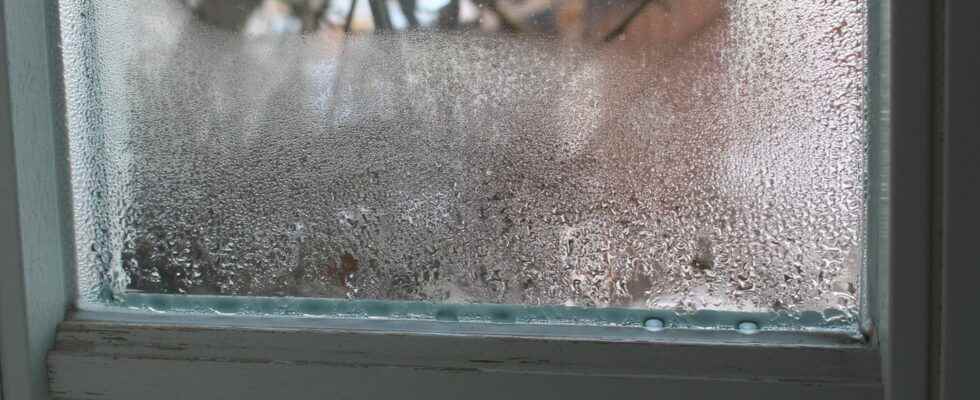home remedies
5 tips against condensation on the window
© mm_201 / Adobe Stock
When it’s cold outside, the inside of the window panes mist up in no time. We reveal what you can do against the annoying condensation here.
Drops of water on the window panes are not only annoying, but also indicate high humidity in the interior. Especially in winter, when it’s cold outside and warm inside, the inside of the window panes mist up quite quickly – especially in the early morning hours.
Unless the problem occurs only after cooking, showering, or hanging laundry, caution is advised. Damp interiors can encourage mold growth. Here we explain how you can easily combat condensation and high humidity with household remedies.
5 tips against condensation on the window
1. SOS tip: Wipe windows dry
To prevent mold from forming on the window frame and the seals, you should carefully wipe off the condensation on the pane with an absorbent cloth.
2. It doesn’t work without airing and heating
Proper ventilation is also important in winter – ideally four to five times a day for around five minutes. Indoor humidity should be around 40 to 65 percent. A meter can be helpful to keep an eye on this. A room temperature of around 18 degrees is sufficient for the bedroom, while 20 to 22 degrees makes sense in the bathroom so as not to freeze after the shower, but also to prevent mold growth.
3. Do not dry laundry in living quarters
Freshly washed laundry can quickly increase the indoor humidity. It is therefore advisable to hang your laundry in special drying rooms – for example in the attic, in the basement or outside. A dryer can also help. If you don’t have the opportunity to do so, you should definitely make sure to air the room regularly.
4. Allow steam to escape while cooking
The following applies to the kitchen: extractor hoods work wonders. Because they direct the steam that is produced during cooking directly outside. The warm, moist air has no chance of collecting in the room. If you don’t have an extractor hood, you can achieve a similar result with regular ventilation.
5. Dehumidifier without electricity
Standing dehumidifiers are inexpensive and help to pull excess water out of the air, especially in small rooms. Inside there is a granulate of salt mixture, which binds the moisture and collects it in the container. Important: The granules must be replaced regularly!
